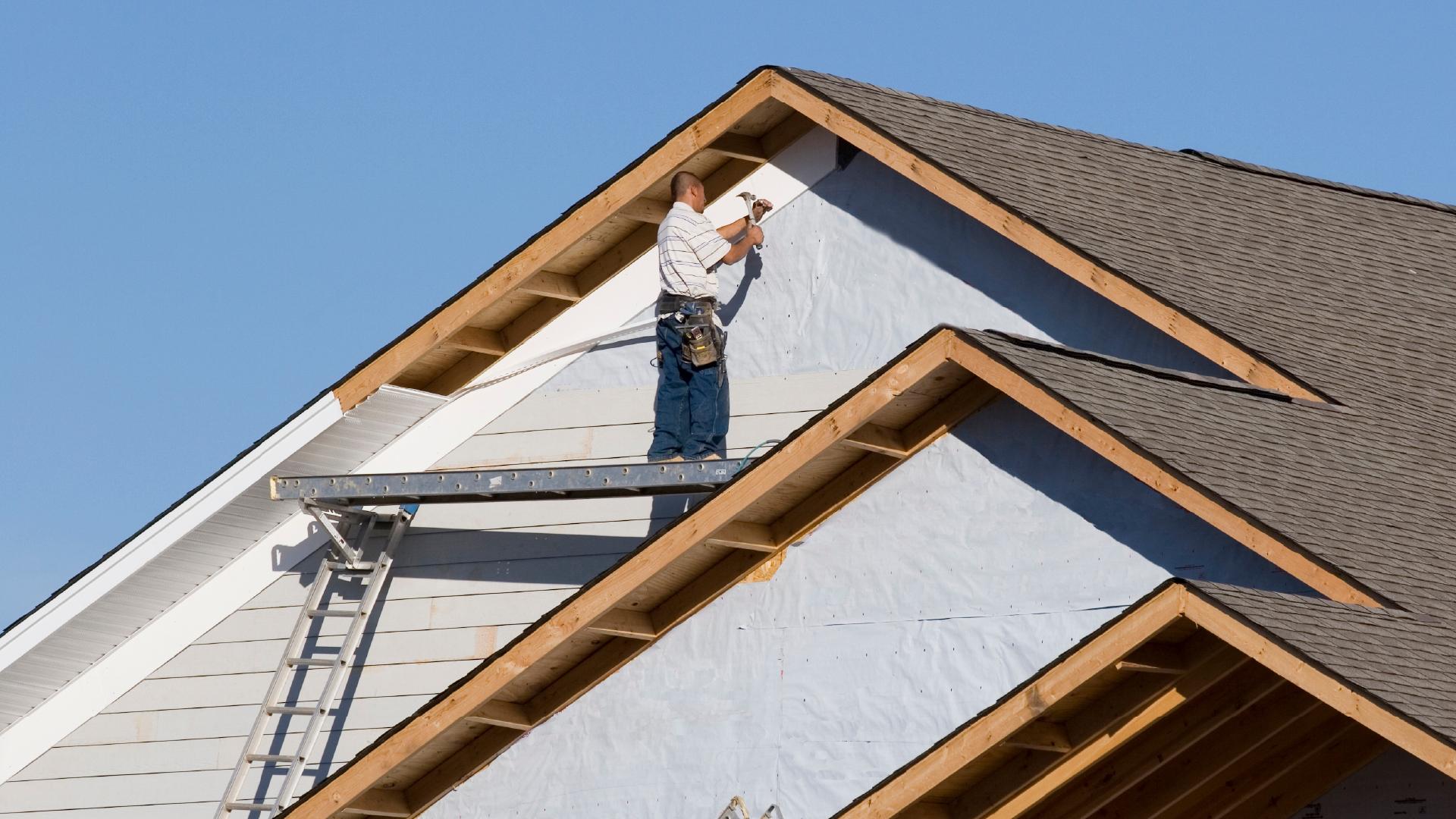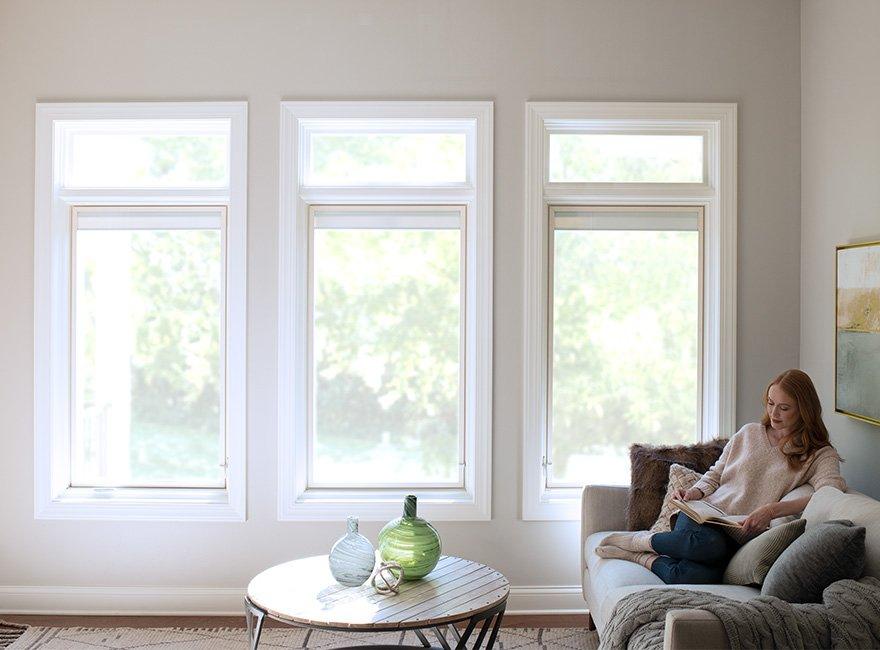Certified Siding Installer Checklist: Licenses, Insurance & Warranties


When homeowners think about major upgrades, window replacement is often underestimated. But the truth is, your windows play a massive role in how your home looks, how comfortable it feels, and how much you pay each month in energy costs. Old or poorly performing windows can quietly drain your budget while making your home look dated from the outside. That is why investing in new windows is one of the smartest improvements you can make, especially when it is done by experienced professionals like B&B Siding & Roofing.
Why Old Windows Cost You More Than You Think
Many homes still rely on original or aging windows that were never designed to meet today’s energy standards. Over time, seals break down, frames warp, and glass loses its insulating power. This allows outside air to sneak in and indoor air to escape, forcing your heating and cooling system to work harder year-round.
In the winter, drafty windows let cold air settle into your living spaces. In the summer, heat pours through thin or inefficient glass. The result is uneven temperatures, rooms that never feel quite right, and higher monthly utility bills. Window replacement helps address these issues at the source by creating a tighter, more energy efficient barrier between your home and the elements.
How Modern Windows Improve Energy Efficiency
Today’s replacement windows are built with advanced materials and technology that dramatically improve insulation. Features like double or triple pane glass, low emissivity coatings, and insulated frames all work together to reduce heat transfer. This means your home stays warmer in colder months and cooler when temperatures rise.
New windows also help regulate indoor humidity and reduce strain on your heating and cooling system. When your home maintains a more consistent temperature, your system does not need to cycle as often, which can extend its lifespan and reduce long term maintenance costs. B&B works with high quality window options designed specifically to improve performance without sacrificing style or durability.
The Immediate Impact on Curb Appeal
Beyond efficiency, window replacement is one of the fastest ways to transform how your home looks from the street. Old windows can make even a well maintained home feel tired or outdated. Cracked frames, foggy glass, or mismatched styles stand out more than most homeowners realize.
New windows instantly clean up your exterior lines and enhance architectural details. Whether your home is modern, traditional, or somewhere in between, the right window style can complement siding, roofing, and trim for a cohesive look. B&B helps homeowners choose window designs that elevate curb appeal while staying true to the character of the home.
Increased Home Value and Buyer Appeal
Energy efficient windows are not just a comfort upgrade, they are a selling point. Buyers are increasingly aware of energy costs and long-term maintenance. New windows signal that a home has been well cared for and updated with efficiency in mind.
Homes with newer windows often stand out in competitive markets because buyers see immediate value. They know they will spend less on utilities and avoid costly replacements in the future. This makes window replacement a smart investment whether you plan to sell soon or stay for years to come.
Why Professional Installation Matters
Even the best windows will not perform properly if they are installed incorrectly. Gaps, poor sealing, or improper fitting can cancel out efficiency gains and lead to moisture issues down the road. That is why working with experienced installers is critical.
B&B Siding & Roofing approaches window replacement with the same attention to detail they bring to all exterior projects. Their team understands how windows interact with siding, roofing, and insulation, ensuring a clean install that protects your home and maximizes performance.
A Smart Upgrade With Lasting Benefits
Window replacement is one of those rare upgrades that checks every box. It improves comfort, lowers energy costs, enhances curb appeal, and adds long term value. When done right, it is not just a cosmetic change, it is a functional improvement you feel every day.
If you are considering new windows, working with the trusted professionals at B&B ensures the job is done right the first time, delivering efficiency and style that lasts. Just give us a call at (866) 474-0561 to schedule your free consultation today!
At B&B Siding and Roofing, we give accurate estimates and stick to them.
If you’re in New Jersey or Staten Island contact us any time you need a quote for a siding, roofing, window, door, or gutter project!